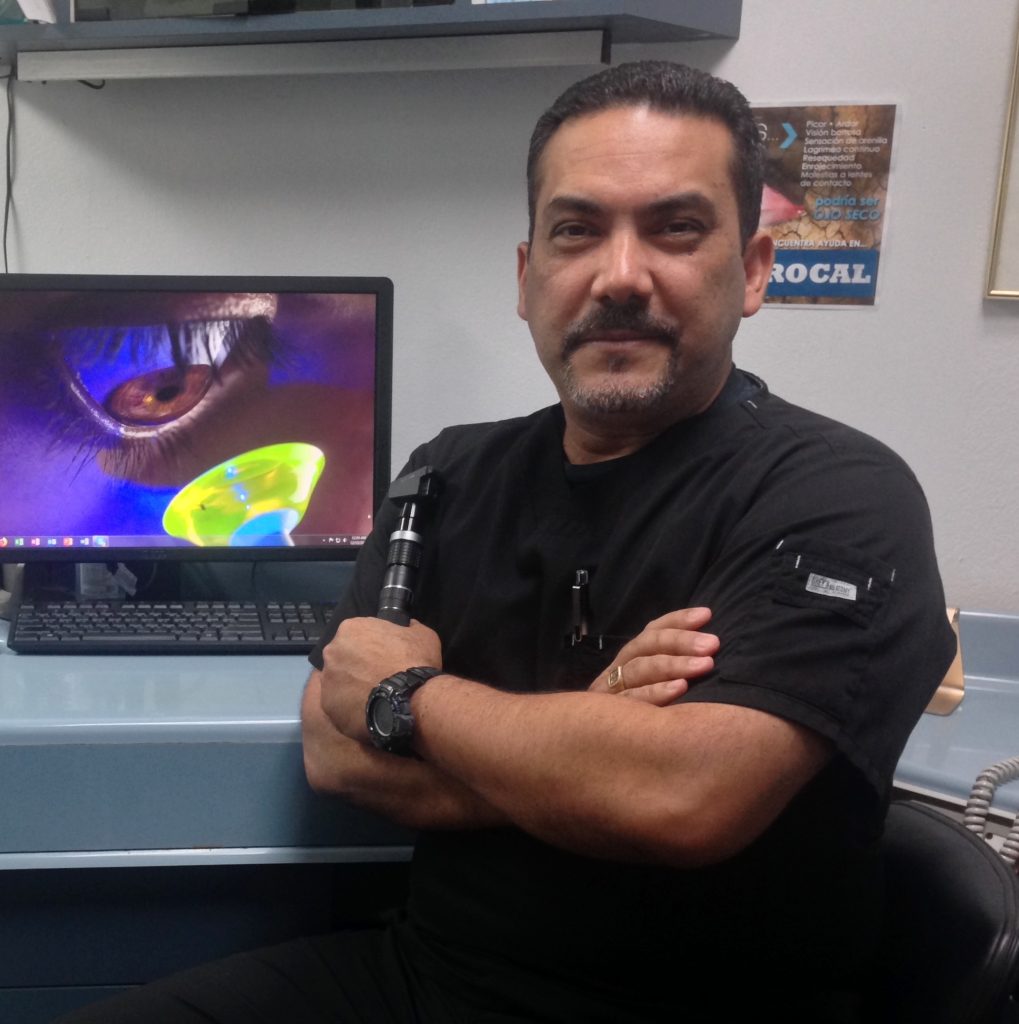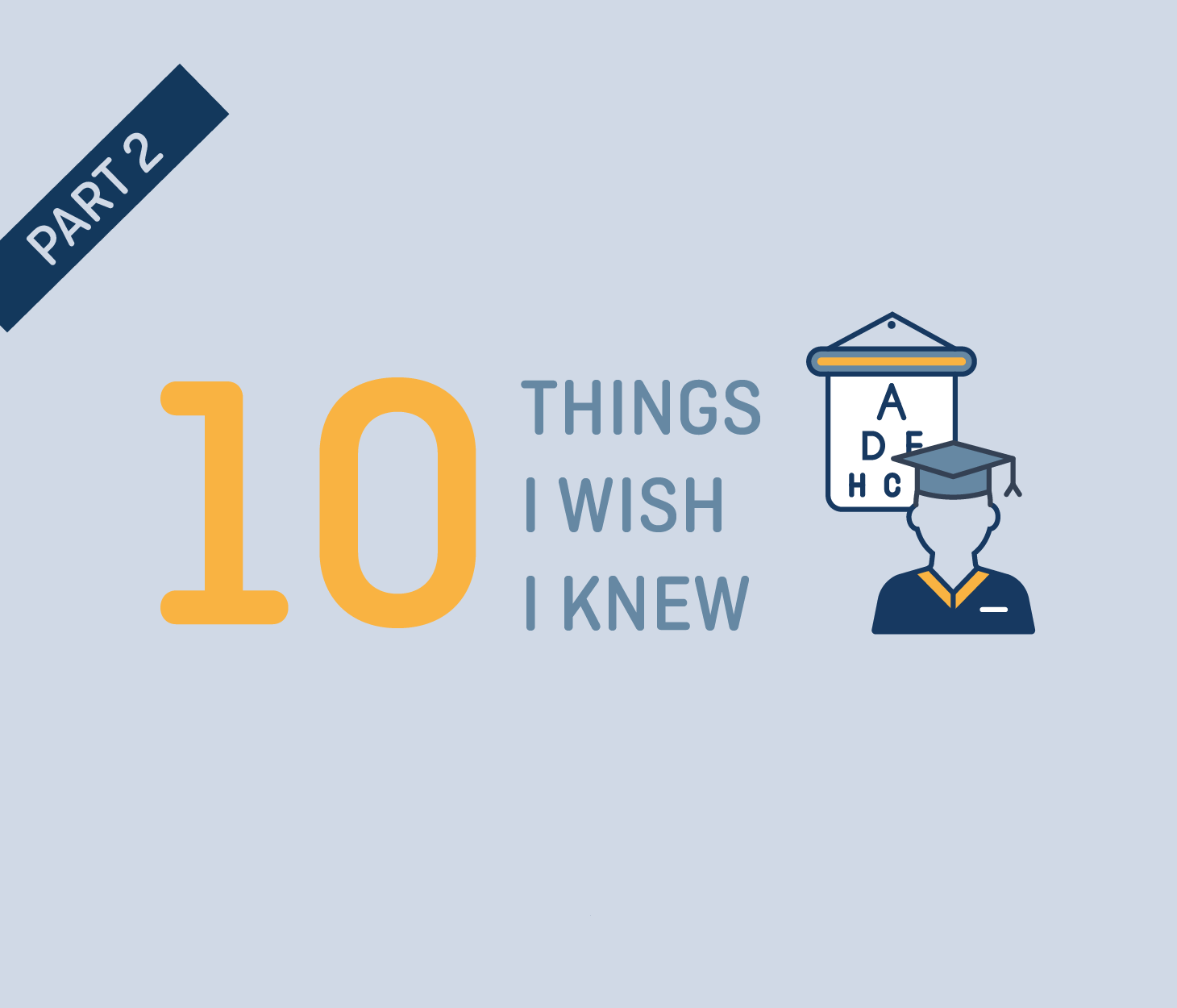When we get out of university, we have the whole world ahead of us. We want to work 7 days a week, do everything and save the world. Similar to everything in life, there are going to be a few bumps in the road. Here are 10 things I wish I knew before graduating Optometry school.
1. In order to be successful in a practice, you have to have a basic knowledge of business.
We serve a dual function. We provide health services and also sell ophthalmic materials, therefore, understanding how a business runs is mandatory. Sadly, at school, we do not get the necessary instruction in this matter.
2. There are different work modalities and each one of them has their pros and cons.
We may start our own clinic or work within an optical chain, even in a multidisciplinary office. Each of these modalities has its own particularities. You should get to know them before committing to any one of them.
3. If you have set your eyes on a specialty, do it ASAP.
If you want to specialize, the sooner the better. To study after years of graduating is more difficult.
4. Our work week is not traditional.
If you are a Monday to Friday and 9 to 5 guy or gal be careful. Depending on the work modality that you choose, you may find yourself working “odd” hours or even Saturday and Sunday.
5. A specialty makes the difference.
Technology has changed the way we practice. Nowadays some instruments are able to do things that we use to do. If you want to be on top of the pack or even to stay relevant in the next one or two decades, you HAVE to specialize.
6. Make sure you always take care of the chief complaint of the patient.
You may be the best clinician, find and resolve twenty problems, but if you do not solve the chief complaint, the patient will not be happy.
7. Services are as important as the materials that we provide, they should not be free of charge.
Time is money. The practice of bundling services and materials is outdated. Internet sales are becoming the new norm, and believe me; you will lose sales to the internet. Therefore, if you want to survive, you have to charge or bill for your services.
8. An excellent patient history saves you a lot of time.
Sometimes we put emphasis on the tests and forgot about the patients’ complaints. If you become a good listener, you will be an excellent clinician.
9. The goal is not always 20/20.
At university, the doctrine is to get perfect visual acuity, the 20/20. This is not bad because after all, the patients’ vision is our obsession. But, sometimes even with a really good, visual system patients are not able to see 20/20. Let’s look for the 20/happy.
10. Academia is important.
Even if you do not want to become a speaker, professor or researcher, you must keep up to date in this profession. Every day new things are discovered in health allied sciences, if you are not on top of the information, you will be obsolete.
Thank you to Edgar Dávila García, OD for contributing to Global Insight.


